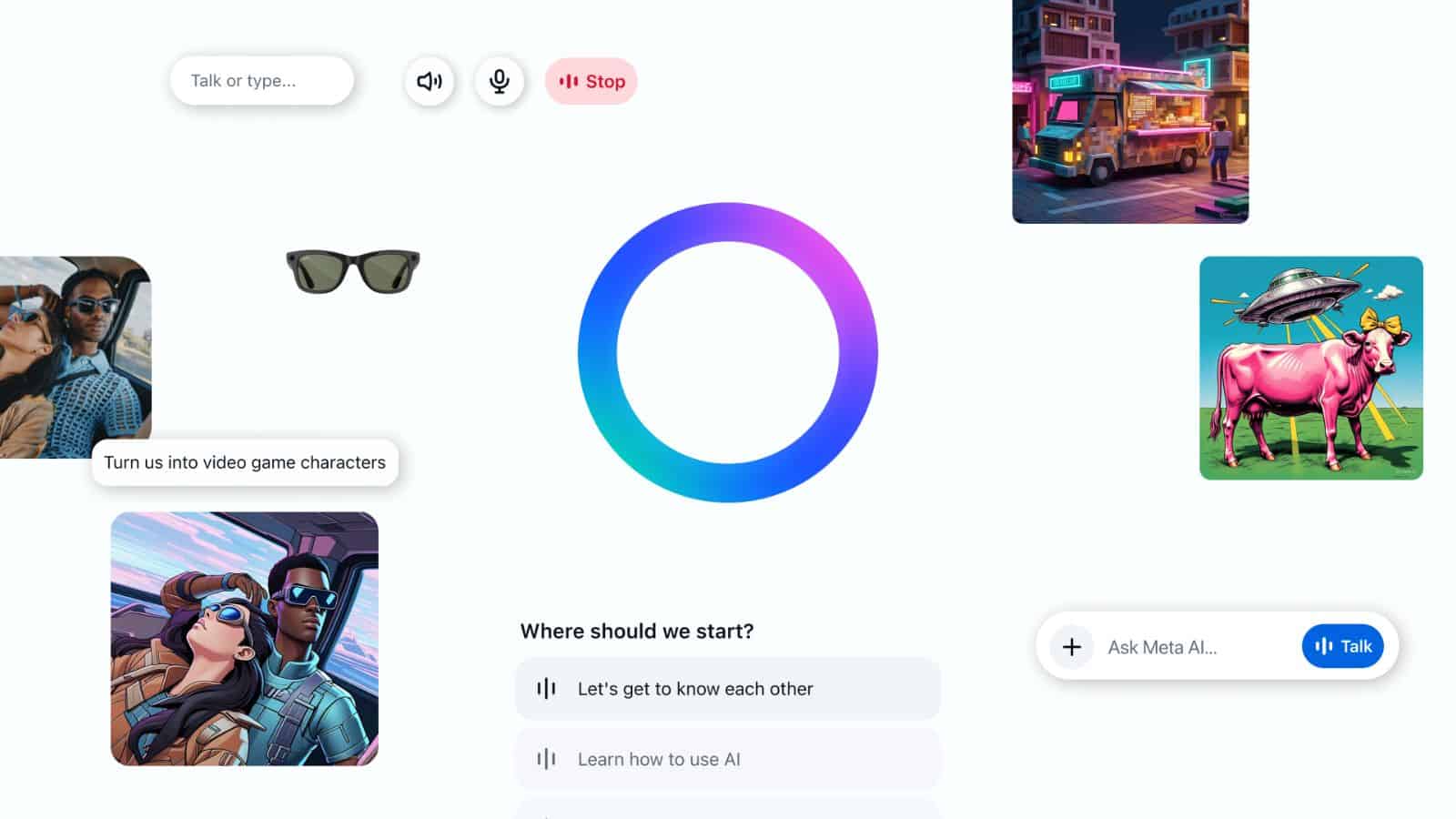AI
Judge lets Meta train its AI models on copyrighted books
Fair use rule allows limited use of copyrighted material without needing permission in certain situations.

Just a heads up, if you buy something through our links, we may get a small share of the sale. It’s one of the ways we keep the lights on here. Click here for more.
A US federal judge has ruled in favor of Meta in a lawsuit filed by 13 book authors, including comedian and writer Sarah Silverman.
The authors claimed that Meta broke copyright laws by using their books to train its AI models without permission.
However, Judge Vince Chhabria disagreed and said that Meta’s actions were legal under what’s known as the fair use rule in copyright law.
Fair use allows limited use of copyrighted material without needing permission in certain situations, like for education, commentary, or transformation.
In this case, the judge ruled that Meta’s AI training did not simply copy the books but transformed them into something new, which makes it more likely to fall under fair use.
The judge made this decision without needing a trial by jury because he believed there wasn’t enough evidence from the authors to proceed further.
He emphasized that this ruling doesn’t give a free pass to all tech companies to use copyrighted material for AI training.
Instead, he said that the authors didn’t make the right legal arguments or present enough proof that their work was harmed.
Specifically, the authors failed to show that Meta’s AI use hurt the sales or market for their books, which is a major factor in deciding whether copyright laws were broken.
Judge Chhabria said, “The plaintiffs presented no meaningful evidence on market dilution at all.” (Via: TechCrunch)
This decision follows a similar ruling in favor of another AI company, Anthropic, and together, these outcomes are seen as early victories for tech companies. But they’re not full wins.
The courts are making it clear that each case depends heavily on the details, and not all uses of copyrighted material will qualify as fair use.
More lawsuits are still underway. For example, The New York Times is suing OpenAI and Microsoft for using its articles.
Future rulings may vary, especially when different types of content like news or films are involved.
Have any thoughts on Meta getting this soft greenlight to train on copyrighted material? Do you think this is a good idea? Tell us below in the comments, or via our Twitter or Facebook.


























